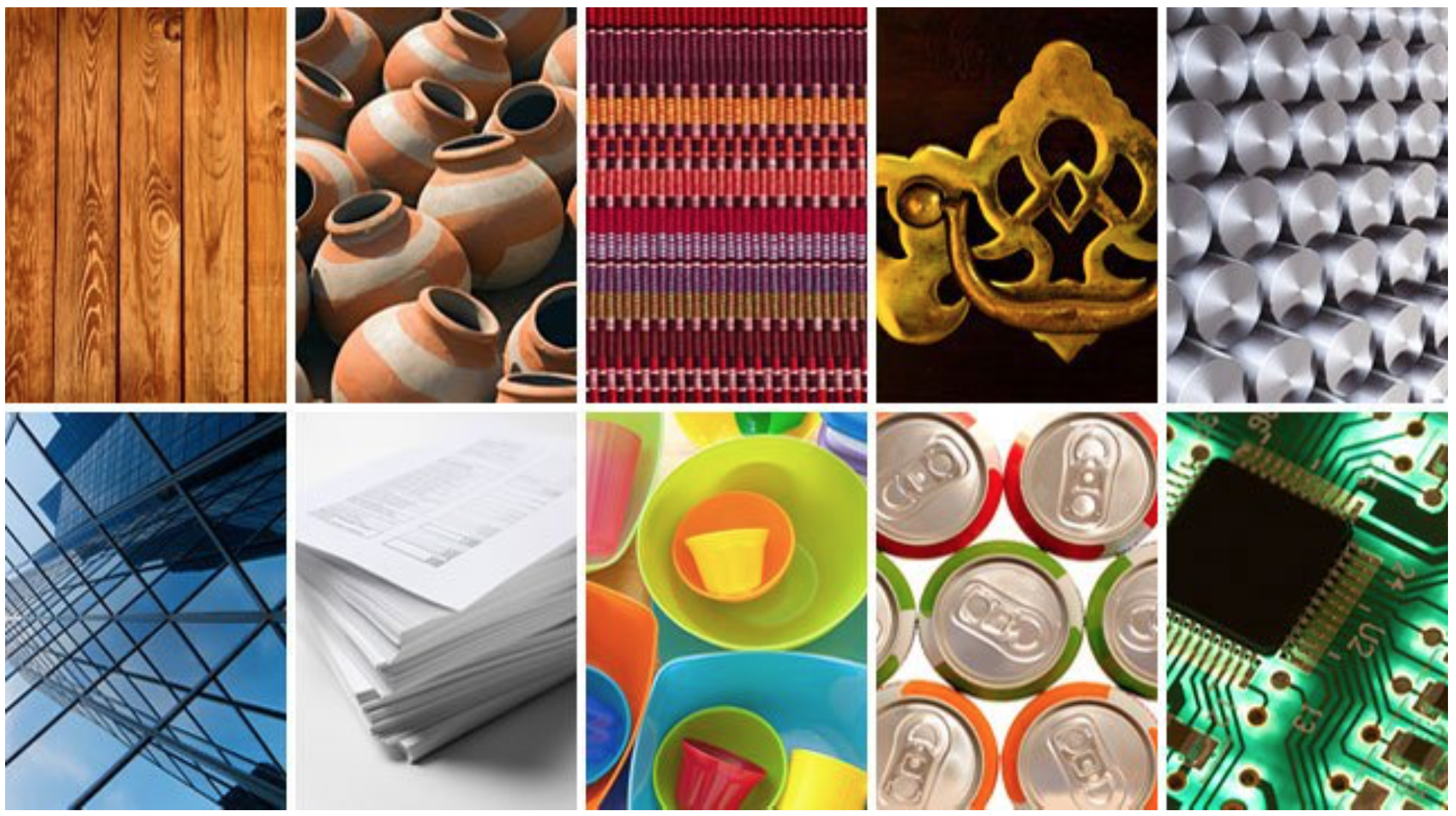The intersection of spirituality and physical existence often leads to profound inquiries regarding the nature of reality. One particularly intriguing question emerges: is the material world a mere mirage? Within the comprehensive framework of Baha’i teachings, this query acquires layers of complexity and depth, inviting a reflective exploration into the essence of material creation and its relationship to the spiritual realm.
To embark on this exploration, it is essential to delineate the core tenets of Baha’i philosophy regarding the material world. Baha’is hold the belief that reality is multifaceted, comprising both the physical and the spiritual realms. This duality signifies that while the material world is tangible and governed by laws of nature, it is ultimately a reflection of a higher spiritual truth. The Baha’i perspective posits that spiritual reality transcends the physical, thus provoking the contemplation of whether what we perceive through our senses is merely an illusion.
In the Baha’i view, the material world serves a significant yet limited purpose. It is a platform for human experience and spiritual growth. Abdu’l-Baha, the son of Baha’u’llah and a pivotal figure in the Baha’i Faith, emphasized the importance of engaging with the material world while simultaneously recognizing its transient nature. Thus, while the physical universe is real, it can be seen as a preparatory stage for the soul’s journey towards the Divine. This notion challenges us to ponder whether our attachment to material possessions, status, or accomplishments is a misguided focus on a fleeting aspect of existence.
The metaphor of a mirage is particularly salient within this discourse. In desert landscapes, a mirage may appear as a shimmering oasis; it is enticing yet ultimately illusory. Similarly, the material world can be thought of as a reflection of higher realities, its allure drawing individuals into distractions that may inhibit spiritual awakening. The Baha’i teachings encourage individuals to cultivate an awareness that transcends mere appearances, prompting an investigation into what lies beneath the surface. This is not to dismiss the significance of the physical realm; rather, it invites a balanced perspective that honors both the material and spiritual dimensions of existence.
A central challenge that arises from this examination is the potential for misunderstanding the Baha’i stance on material wealth. Some may misconstrue the belief that the material world is a mere mirage as an admonition against the pursuit of material well-being. However, Baha’i teachings advocate for an equilibrium, asserting that material prosperity should be pursued with the understanding that it serves a greater purpose. The accumulation of wealth, when approached with detachment and a focus on service to humanity, can contribute to the advancement of society and the betterment of the human condition. Thus, the challenge remains: how does one navigate the complexities of material engagement without succumbing to the trappings of illusory values?
The call to transcend material existence necessitates the cultivation of virtues such as compassion, humility, and selflessness. Baha’is believe that by adhering to ethical principles and aligning one’s actions with spiritual truths, individuals can elevate their understanding of reality. This transformative process entails recognizing the interconnection between all human beings and realizing that the material world serves as a conduit for developing the attributes essential for spiritual growth.
Additionally, Baha’i teachings provide insights into the concept of the soul’s journey toward perfection. According to Baha’i beliefs, the material world offers myriad experiences—joys, challenges, and tribulations—that shape the essence of the soul. Every experience is an opportunity for learning and spiritual awakening, reinforcing the idea that while the material realm may be transient, it carries profound implications for the soul’s eternal trajectory. This understanding cultivates a sense of gratitude for the material experiences life presents, seeing them as essential components of a greater spiritual journey.
Within this framework, the contemplative practice of reflection plays a pivotal role. Baha’is are encouraged to engage in regular introspection, assessing their motivations, actions, and relationships with both the material and spiritual realms. This practice enables individuals to discern between ephemeral desires and enduring spiritual truths, fostering a deeper understanding of the purpose behind their existence. In this light, the question of whether the material world is merely a mirage becomes an impetus for profound self-discovery and exploration of one’s place within the cosmos.
Ultimately, the Baha’i perspective invites individuals to recognize the value of both the material and spiritual dimensions of existence. While the material world may indeed exhibit illusory characteristics, it is also a valuable teacher, offering experiences that facilitate growth towards spiritual realization. Embracing this duality, individuals can engage meaningfully with the material world while remaining steadfast on their spiritual path. In navigating the delicate balance between the two, one is invited to question, reflect, and ultimately awaken to a deeper understanding of the true nature of reality.
In conclusion, the inquiry into whether the material world is a mirage challenges Baha’is to engage thoughtfully with their experiences while aspiring towards spiritual truths. Through a harmonious understanding of both realms, individuals can cultivate lives enriched by purpose, compassion, and genuine connection, elevating their experiences beyond the limits of mere illusion.
